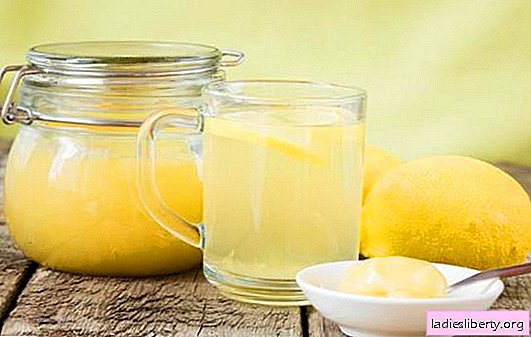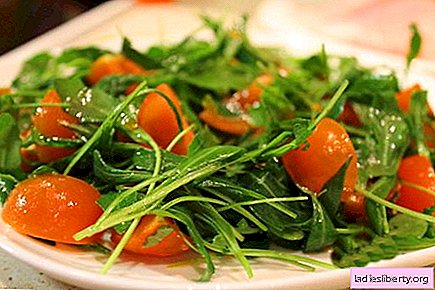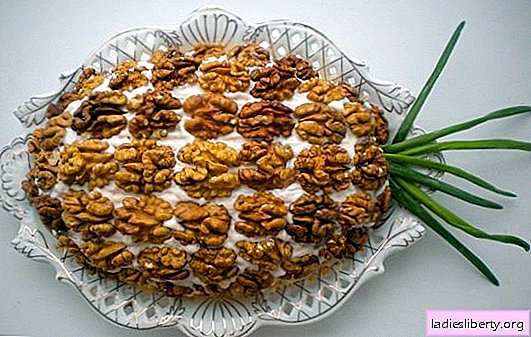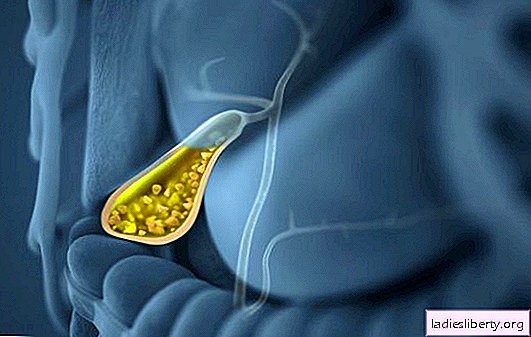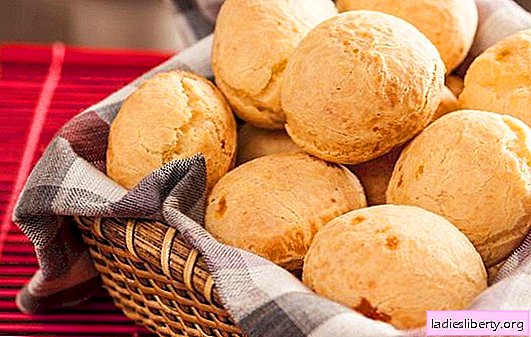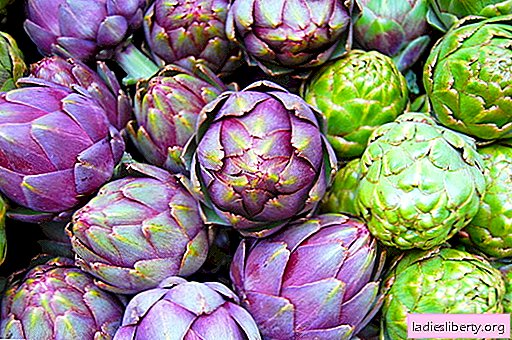
Artichoke - General Description
Artichoke is a herbaceous plant with large inflorescences, which belongs to the family Asteraceae. It has a gray-green, branched, erect stem up to 2 m tall. Its flowers of blue or blue-violet color are large baskets (with a diameter of about 25 cm). Fruits are achenes. Artichoke flowering usually falls in June-July.
Artichoke - types and places of growth
Nowadays, about 140 species of this plant are known, but not more than forty of them are cultivated. In the wild, the artichoke grows in northern Africa and southern Europe. In the Mediterranean region, it has been grown for more than two millennia. Currently actively cultivated in Europe and South America.
Artichoke - healing properties
In recent years, new medications have been obtained from artichoke. It was experimentally possible to find out that it has hypocholesterolemic, choleretic, and also diuretic effects. Artichoke preparations are used in the treatment of hepatitis, endarteritis, jaundice, gallstone disease and atherosclerosis. The use of these drugs for the treatment of eczema, several forms of psoriasis, allergies (serum sickness, urticaria, etc.), syphilis and azotemia is quite successful. The artichoke has a positive effect in the postoperative period on patients who underwent surgery on the kidneys and liver.
Traditional medicine considers the artichoke as a choleretic, antirheumatic and diuretic agent, also for the treatment of scurvy, jaundice, rheumatism, edema, cardiovascular disease, as a diaphoretic drug and to increase appetite.
Artichoke - dosage forms
For medicinal purposes, the whole plant is used, but most often fleshy unblown receptacles and the base of the scales of unopened inflorescences. After cutting, they are kept in the cold. Artichoke roots are harvested in autumn; leaves - during flowering.
Artichoke - recipes
Artichoke tincture: 500 gr. pour dried leaves with a liter of alcohol or vodka (40%) and insist in a cool, dark place for 15 days. Use a tablespoon of ½ stack. liquid 3 times a day.
It is advisable to use the water-alcohol extract of artichoke in the form of pills, since otherwise strong bitterness will be felt. Usually take 5 gr. 30 minutes before eating.
Gelatin capsules with dry extract of artichoke are taken in an amount of 2 pcs. 3 times a day.
To prepare an infusion of artichoke you need 2 tables. tablespoons of its dried leaves pour one liter of boiling water and let it brew for 10 minutes. Take a glass a day 30 minutes before meals.
In the postoperative period, with atherosclerosis, you can use artichoke extract as a urinary and choleretic agent: grind a 100-200 basket of artichoke in a blender (on a grater), add 8 g. white willow bark, 15 gr. dry peppermint, 5 gr. fennel seeds, 6 gr. gentians and 20 gr. fruit sugar. Mix it all and pour a bottle of alcohol or vodka (40%). Insist at t 18 ° C for a week. After this period, the artichoke extract is drained from the sediment and stored in a dark container. Consume 1 tablespoon. 3 times a day after 2 hours after eating. With a weak secretion of the stomach, low motility of the intestines and poor appetite, the use of the drug is shown an hour before eating. Treatment is carried out in 2 courses of two weeks and a break of 7 days.
Artichoke - contraindications
The use of artichoke is contraindicated for children who are not yet 12 years old, as well as for women who are breast-feeding and pregnant. The same restriction applies to people suffering from liver failure and blockage of the biliary tract.
Comments

